With an increasing consciousness towards a cleaner and more sustainable world, the Philippines is set on its vision of embracing solar power across various industries. Solar energy is turning out to be the game changer for various business and household operations to lower energy costs and help individuals reduce their carbon footprint while contributing to the country’s renewable energy goals.
This blog highlights six industries that are participating in this journey of going solar in the Philippines and reducing carbon emissions while advancing the nation’s renewable energy objectives.
Unlocking the Philippines’ Solar Power Potential
The Philippines holds the potential for solar energy that surpasses the ambitious goal of 1,528MW outlined in the National Renewable Plan by 2030. It will be a game changer in the near future, cutting back on greenhouse gas emissions and fighting climate change.
Solar power offers numerous economic advantages by reducing reliance on fossil fuels, lowering electricity costs, and creating jobs. With support from the government and investment in solar technology, the Philippines can harness its solar potential fruitfully while leading to a sustainable and prosperous future.
Six industries in the Philippines that utilize solar energy
Here are a few industries in the Philippines that are benefiting from solar energy:
1. Agriculture: Powering the growth of green farming
As the backbone of the Philippine economy, agriculture and solar energy are becoming essential partners in this industry. Farmers are inclined towards the use of solar-powered irrigation systems like solar pump, which makes it easier for them to water crops without relying highly on traditional, expensive grid electricity or diesel-powered systems.
The PHP 65.7 million ($1.1 million) project, completed between July 2023 and February 2024, includes a thousand solar panels. These panels generate 739,200 watts of power to operate two submersible pumps, wherein each pump can discharge 12,800 gallons (48,453 liters) of water per minute. These changes enable farmers to operate efficiently during the dry season and ensure that crop production remains consistent.
2. Manufacturing: Energizing Production Lines with Solar Power
This energy-intensive industry, with factories running around the clock to produce goods, has adopted solar energy to power production lines, machinery, and other facilities. By installing solar panels on rooftops or adjacent solar farms, industries can generate their own electricity and reduce dependency on the grid systems.
Solar panels not only reduce electricity bills but also shower you with multiple benefits ranging from protecting factories to power outages and fluctuations. This feature is particularly essential in remote areas where the electricity supply may not be reliable. Thus, by installing these systems, the manufacturing industry not only enhances its productivity but also supports sustainable manufacturing practices. Read this blog to learn about the best solar panel types for industrial use
3. Tourism and Hospitality: Creating Sustainable Resorts and Hotels
Solar panels are being installed on rooftops of several resorts, hotels, and solar farms to generate electricity for multiple purposes like lighting, air conditioning, water heating, and other amenities. This shift towards renewable energy has been evoked by the tourism industry’s commitment to sustainability and the need to reduce operational costs.
Commercial solar panel installation isn’t limited to resorts only; transport facilities such as electric vehicles and boats also operate with this facility to preach an eco-friendly environment to the tourists.
Solar power emerges as the catalyst to promote sustainable tourism and strike a balance between the influx of tourists and maintaining the country’s beauty. It is a reliable source of energy and is desired by environmentally conscious tourists who prefer staying in eco-friendly hotels.
4. Education: Empowering Schools with Solar Energy
Schools located in rural areas where electricity fluctuates occasionally require solar energy to provide a solution to this challenge by powering schools with clean, renewable energy. The education industry is also adapting to solar energy by installing it on school rooftops to generate electricity for lighting, computers, and other essential equipment, which enables students to study in well-lit classrooms and access educational technology.
One Meralco Foundation (OMF) has powered over 290 schools across the Philippines with solar photovoltaic (PV) systems through their community electrification program, which has been beneficial for 89,235 students and 2,903 teachers. Their projects have reached various provinces, with a total installed capacity of 300 kWp. One of the schools to receive solar energy was Lim Elementary School in Antique, which has improved with this service and now has better lighting and ventilation for over 100 students.
Hence, by reducing reliance on traditional energy, schools can evidently save on electricity and provide better educational facilities and resources.
5. Healthcare: Enhancing Medical Services with Solar Power
Reliable electricity is crucial for operating medical equipment, preserving vaccines, and providing emergency services. Solar energy is the beacon of hope in areas where the power supply is unreliable, ensuring that healthcare facilities can operate effectively and provide timely services without glitches.
These facilities are being used to power up emergency backup systems, which ensure that the hospitals and clinics can continue to operate during power outages. In 2022, BOS collaborated with Norwegian developer Differ Community Power to install a solar island system at Luuk Hospital.
This system included a 55.08 kWp photovoltaic setup and 86.4 kWh lithium iron phosphate batteries to store excess energy, which resulted in uninterrupted services at the Luuk Hospital while reducing its carbon footprint and contributing to the country’s objective of going solar.
6. Commercial Real Estate: Building Solar-Powered Business Hubs
The commercial real estate industry in the Philippines has also switched to solar energy to create sustainable business hubs. Office buildings, shopping malls, and mixed-use developments are linking solar power to generate electricity for lighting, air conditioning, elevators, and other systems that require electricity.
As of 23rd April 2024, the Asian Development Bank (ADB) and Buskowitz Solar Inc., a subsidiary of Buskowitz Energy Inc., signed a $12 million (675 million PHP) agreement to promote clean and affordable solar energy for commercial and industrial users in the Philippines. This project aims to generate 88 gigawatt-hours of clean electricity annually while simultaneously reducing carbon dioxide emissions by 54,000 tons.
Switching to solar energy reduces operation costs and enhances the value of your property by making it more attractive to environmentally conscious investors. By integrating solar power into different areas, such as building designs, developers can create energy-efficient buildings that are less reliant on the grid. This not only reduces the environmental impact of the property but also offers long-term financial benefits. You can also read our blog on how Filipinos are affected by the high cost of electricity.
Conclusion
The adoption of solar energy across various industries in the Philippines is driving a transformation towards sustainability and efficiency. Many industries are switching to solar in the pursuit of a cleaner and greener tomorrow. As the Philippines continues to embrace renewable energy, we at Nativ Techniks are all set to accompany the industries and provide them with full-fledged professional assistance in installing solar panels.
We aim to play a pivotal role in bringing the vision of a sustainable tomorrow a success and providing innovative solar solutions that cater to the unique needs of each industry.
To reach out to us, you can call +639176310032 or write to us at wecare@nativtechniks.com
Also Read Our Other Blogs
The Current State of Solar Energy & its future in the Philippines



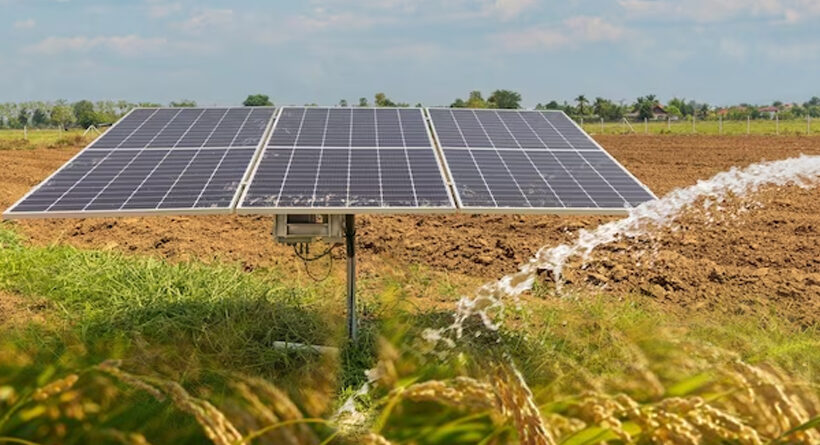
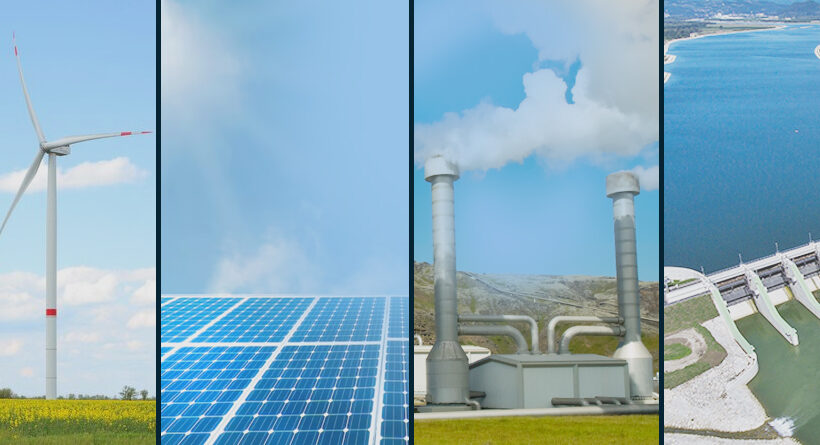

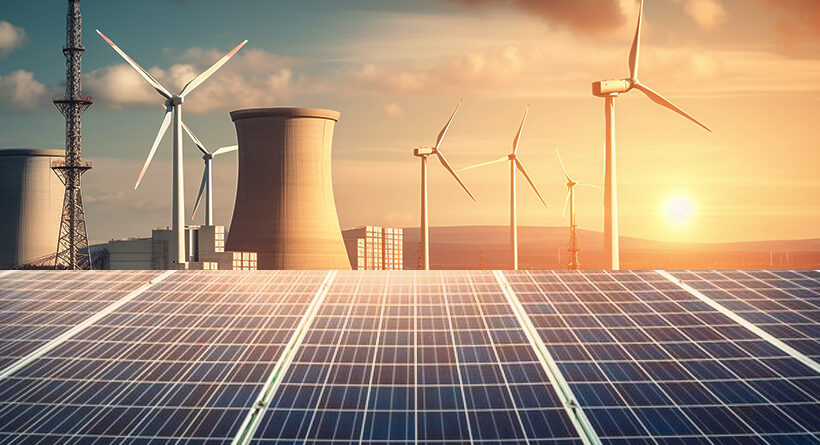

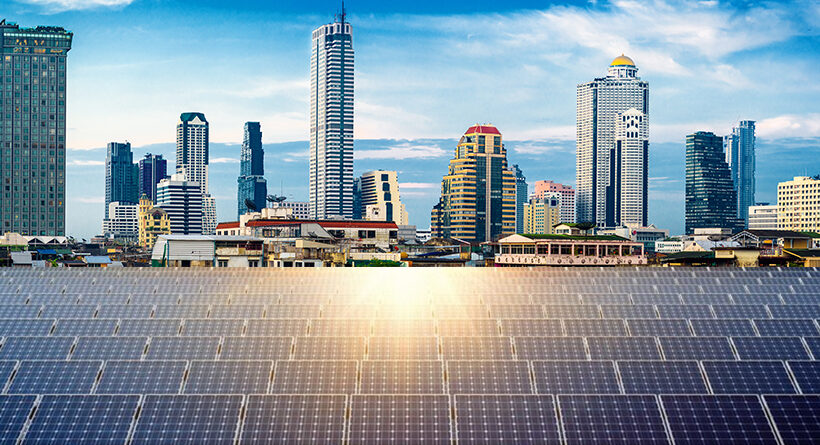
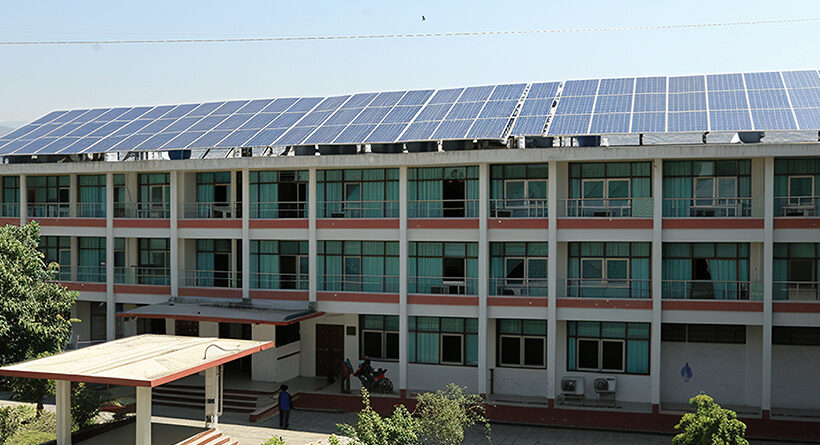
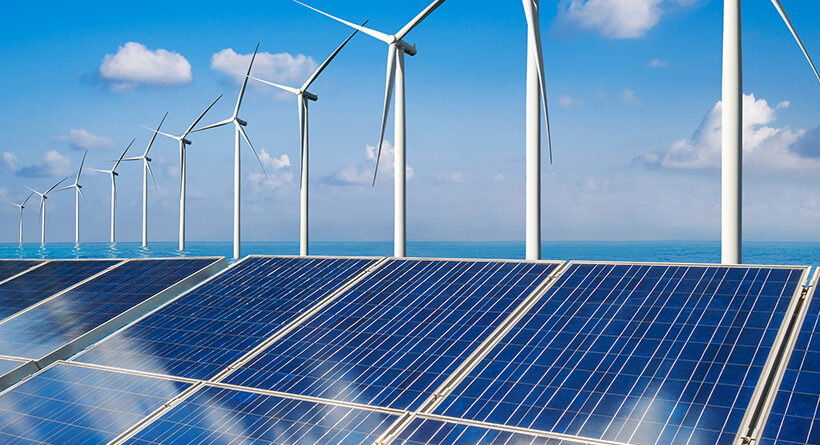
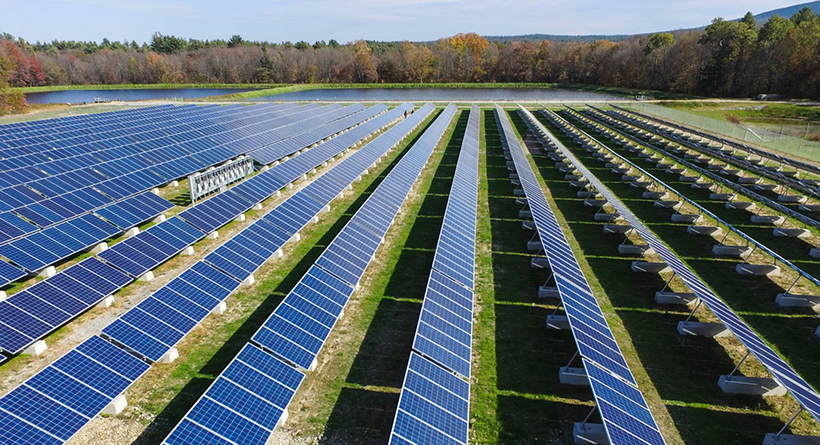
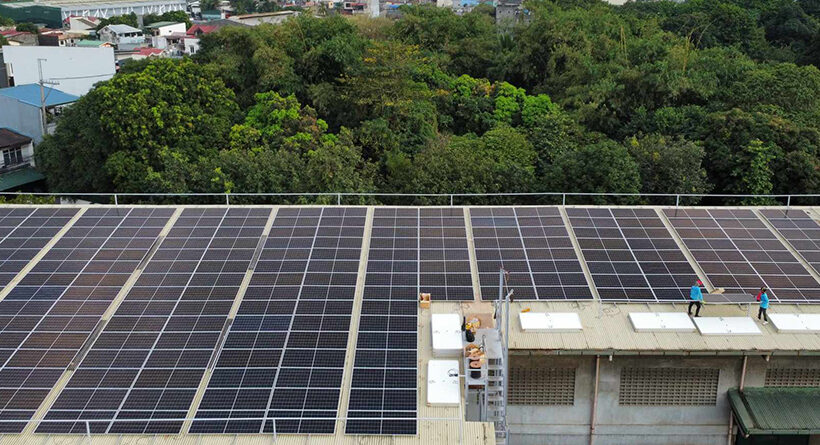
Leave a Reply